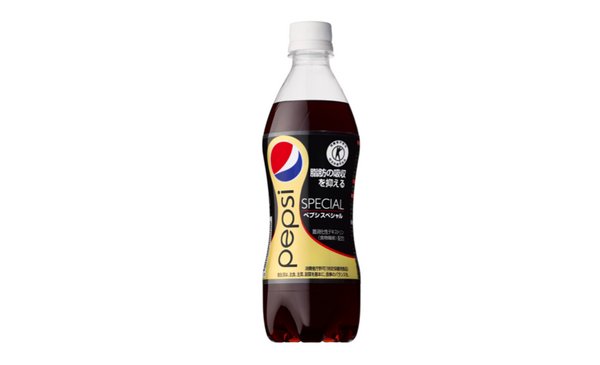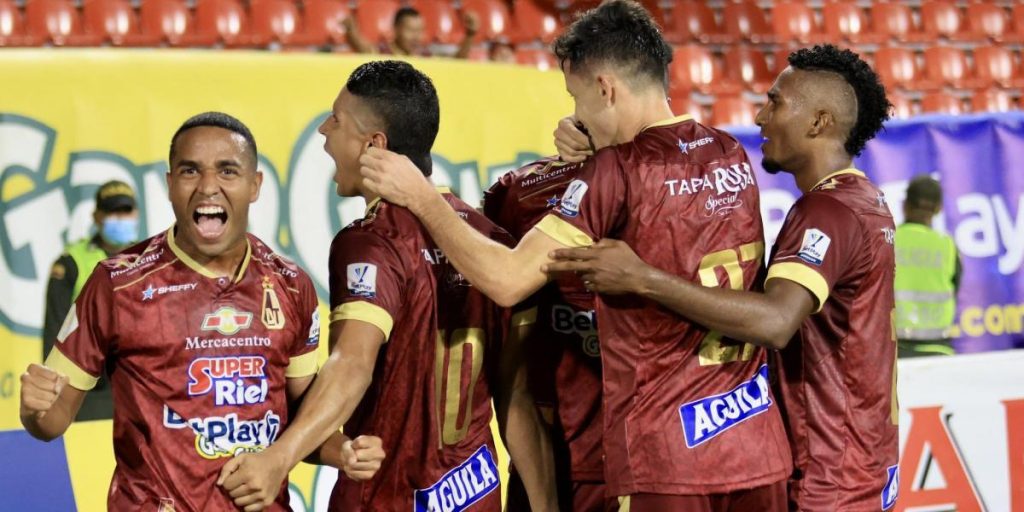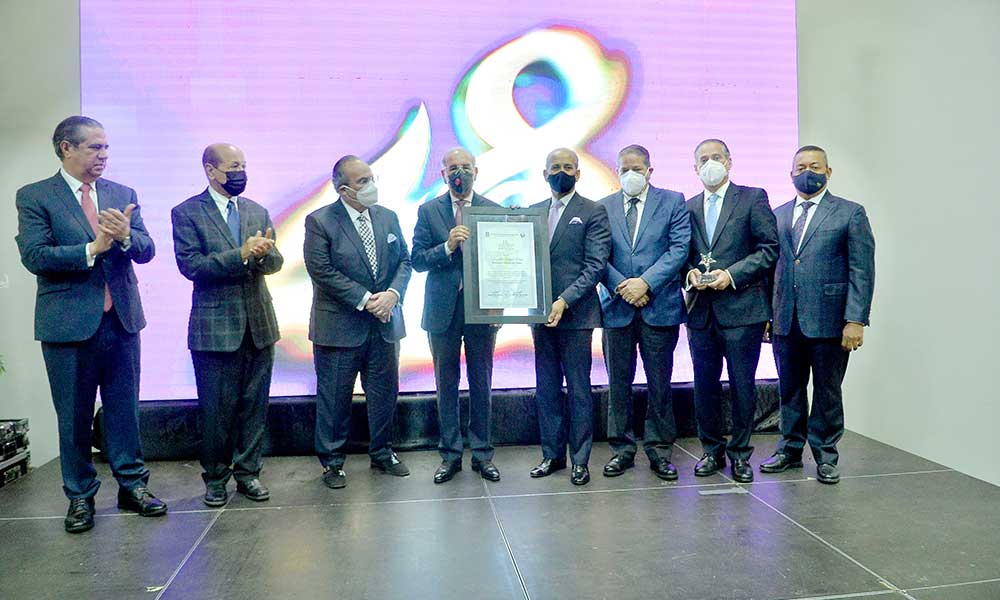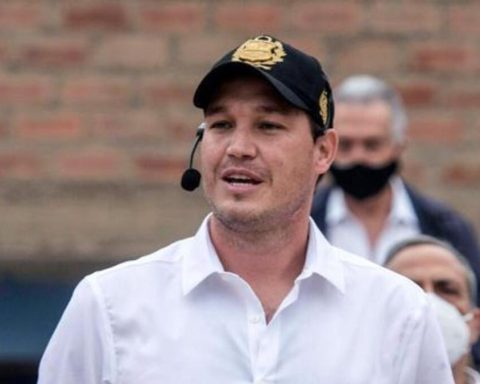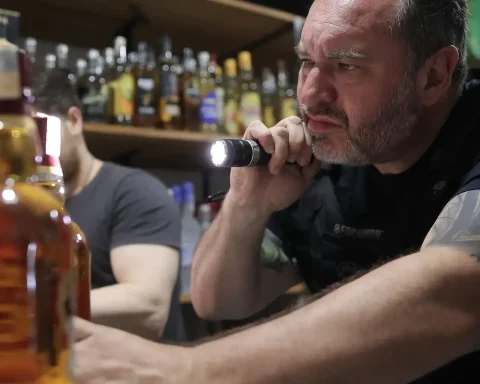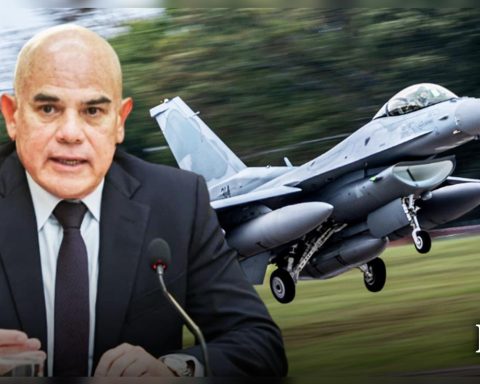exist two brands that capture the attention of the global soft drink business. Decades, actually more than a century, that maintains a brutal battle to be the leaders within the beverage industry. One of them was born seven years after the other and for a long time ranked second (and made fun of it too). However, over the years grew up through ingenuity and creativity in marketing. Today Pepsi it is part of a conglomerate that is much more than a soda label.
The pharmacist Caleb Bradham he ran a drugstore in New Bern, North Carolina. In his free time started experimenting with different products to create his own drink, something similar to what John Pemberton, inventor of Coca-Cola, had done in 1886.
Finally got it in 1893 by combining kola nut extract, essential oils and vanilla. First called her brad drink (Brad’s drink, in English), however shortly after he renamed it Pepsi Cola.
Why did you choose this name? On the one hand, alluding to the walnut that provided the stimulating effect. Meanwhile, the first part of the brand, they say, was related to the digestive properties that Bradham believed his drink had. This can come from dyspepsia, as abdominal discomfort is called, or from pepsin, an enzyme produced by the stomach to break down proteins in food.
At that time the apothecary sold his new drink in his place and in a soda dispenser. When he saw his creation starting to gain popularity registered it as a trademark in 1902 and in subsequent years its sales doubled. In particular, Pepsi took flight when racing driver Barney Oldfield became the face of the label.
The sugar crisis
After the First World War, sugar prices quadrupled so Bradham decided to stock up on one of its main raw materials, anticipating a higher rise in the future. However, the opposite happened. The price plummeted and the entrepreneur had to file for bankruptcy in 1923. Thus, a group of creditors kept the brand, patents and other assets of the company for only US $ 30 thousand.
Soon after, Roy Megargel spent $ 35,000 to buy the entire package and formed the Pepsi-Cola Company. While, Charles Guth, Loft Owner, which was dedicated to making sweets and had its own stores, was displeased with its main supplier, Coca-Cola. He believed that for the amount of soda and syrup he bought them, he deserved a discount which was not granted. Then laid his eyes on Pepsi and teamed up with Megargel, although he later bought her stake.
Guth gave the brand a second push: modified the formula and released bigger bottles for the same price than the competition. To scale the business, he built bottlers in different parts of the United States and signed with a few other partners. In turn, it registered Pepsi in more than 80 countries to undertake its international expansion.
However, the entrepreneur financed the growth of the drink with loans and money from Loft. When the candy firm’s business began to decline, Guth resigned from his position there to dedicate himself full-time to Pepsi. But after years of support, the new Loft management decided to assert their interests and started a legal fight with Guth to take possession of the company of sodas. They only succeeded in 1941 and renamed Loft the Pepsi-Cola Company.
The Pepsi-Coca-Cola fight
Over the years, Coca-Cola and Pepsi fell into a war to run the business. This included from competing in other areas, such as recitals, tea and sports drinks, to ad campaigns with witty and ironic winks for the competition. The fight went so deep that Pepsi came to celebrate the failure of Coca-Cola and its formula change, known as New Coke.
Although they also had their moments of affinity. By case, in 2006 Pepsi executives denounced that former employees of their rival had contacted them to sell them Coca-Cola secrets for US $ 1.5 million.
The third great move of the company came from the hand of what they defined as “a marriage made in heaven.” In 1965 Donald Kendall, then CEO of Pepsi-Cola, agreed with Herman Ley, number one of the snack firm Frito-Lay, the merger of both companies, whose union would become PepsiCo.
Since then, it has gone from being a soft drink brand to integrating a holding company with interests in the food business and also in the gastronomic one. In the 1970s, to gain share in this segment, the company went out to buy several renowned chains, including Pizza Hut, Taco Bell, and KFC.
The Chronicler-RIPE
